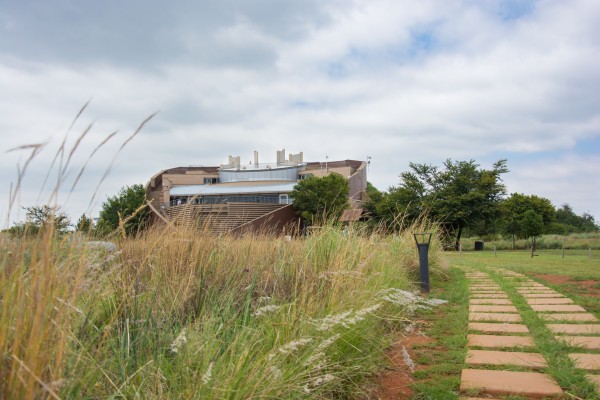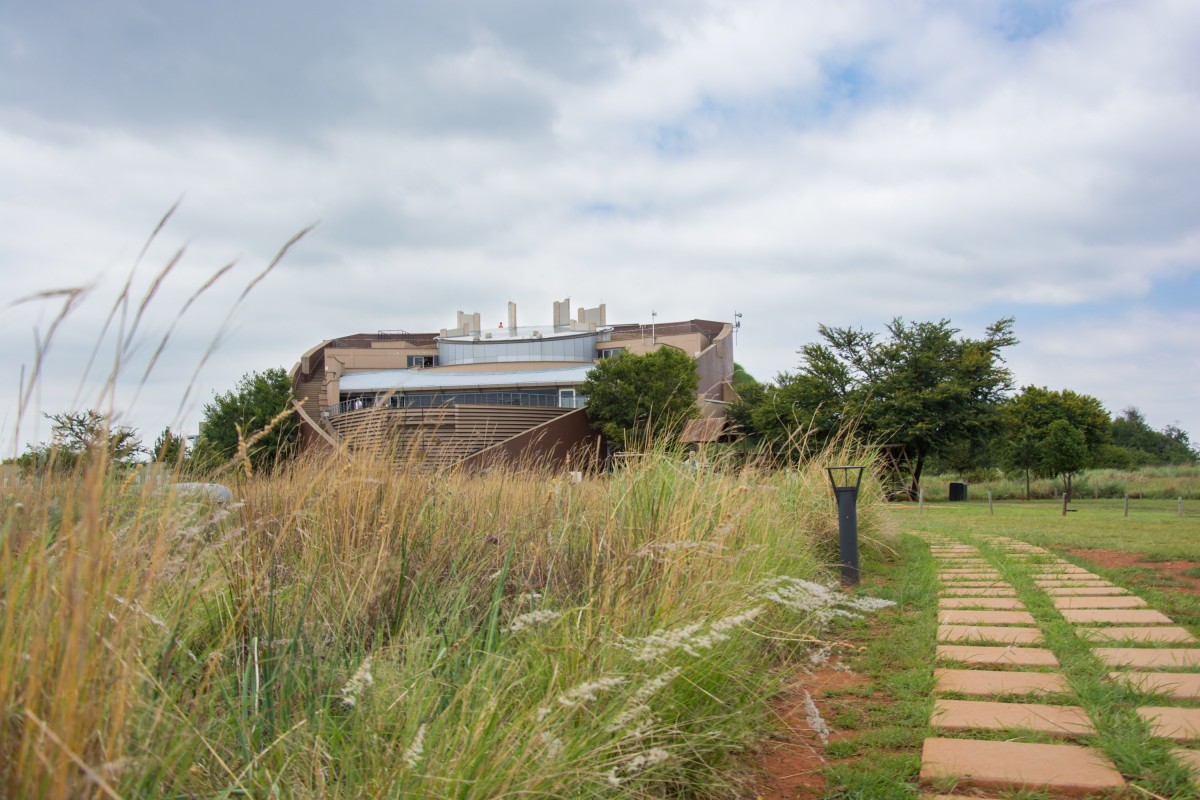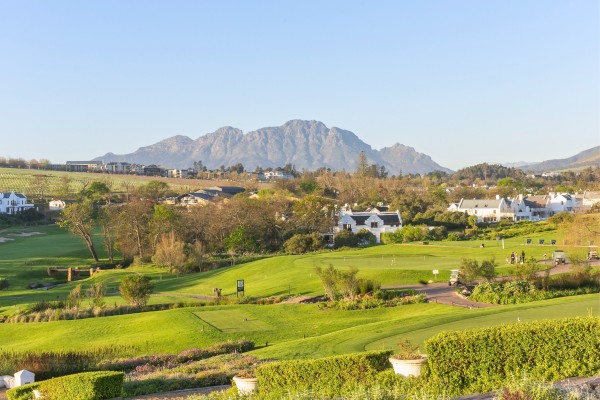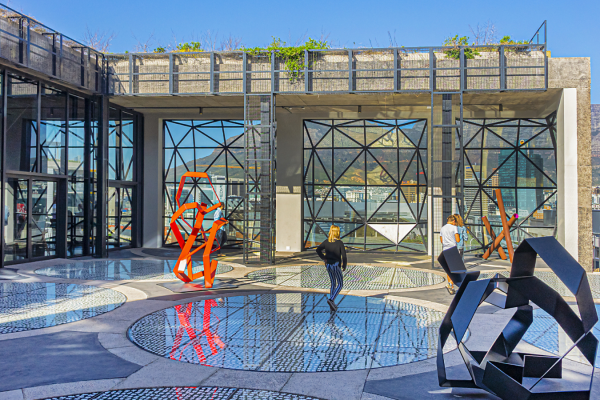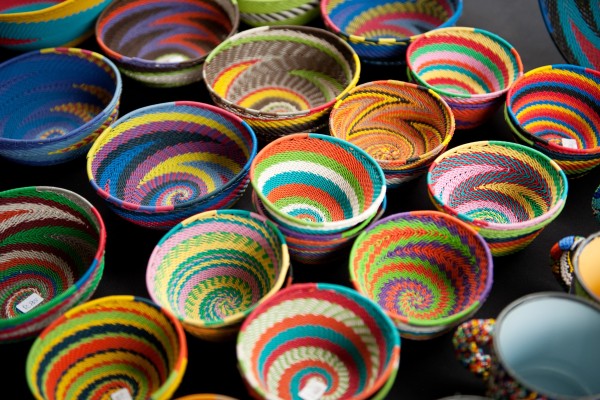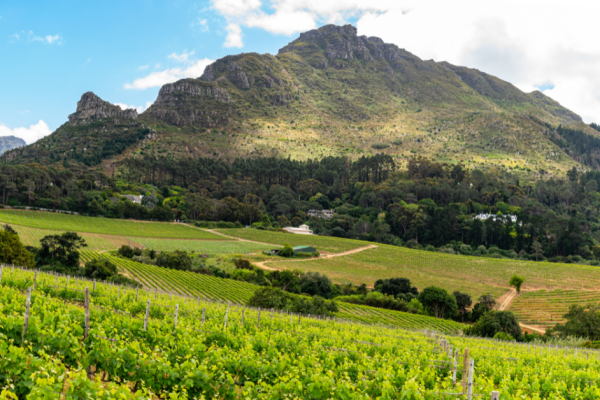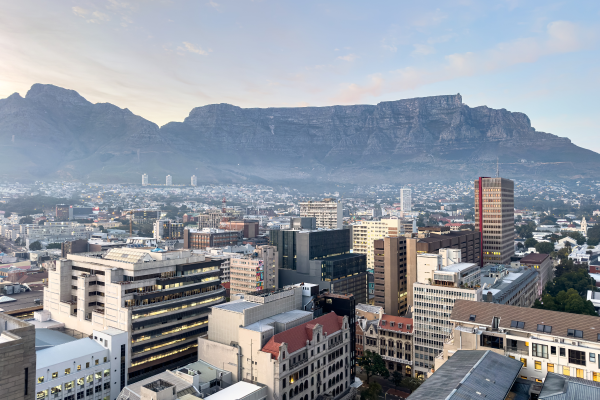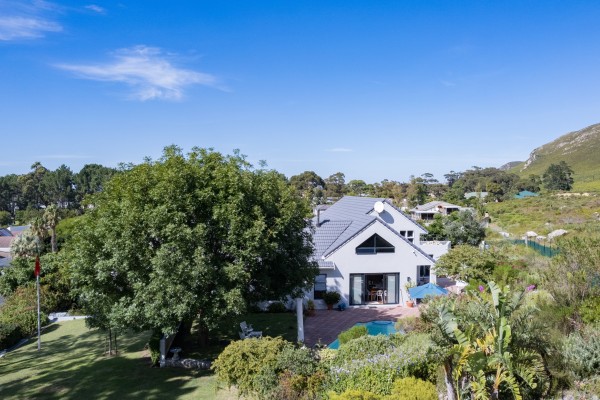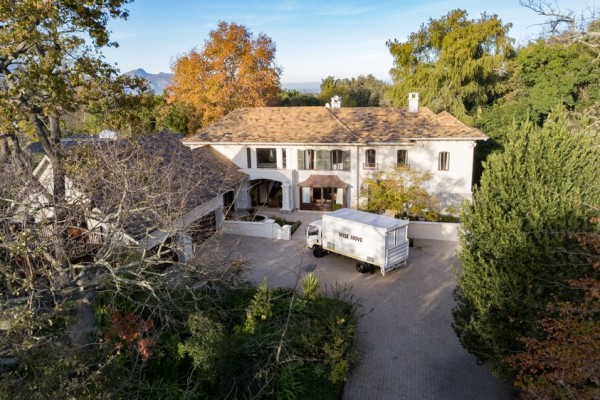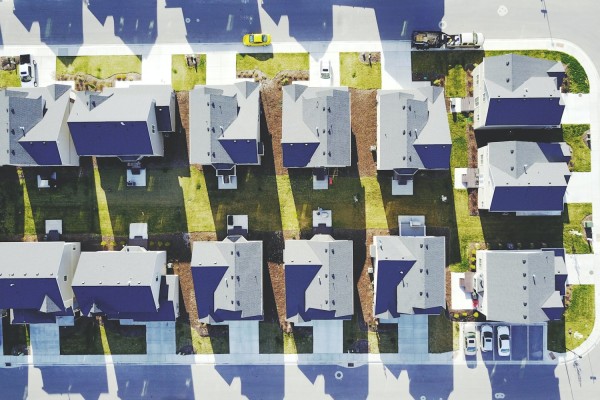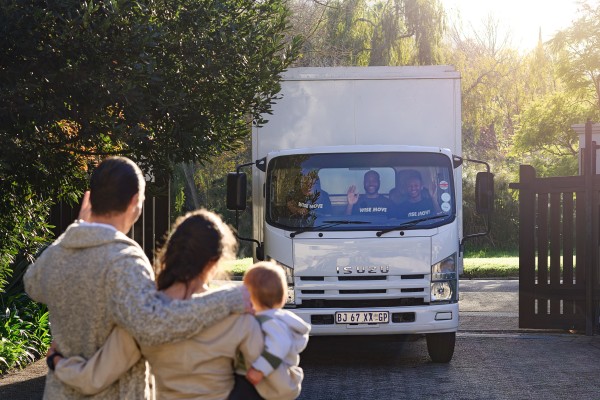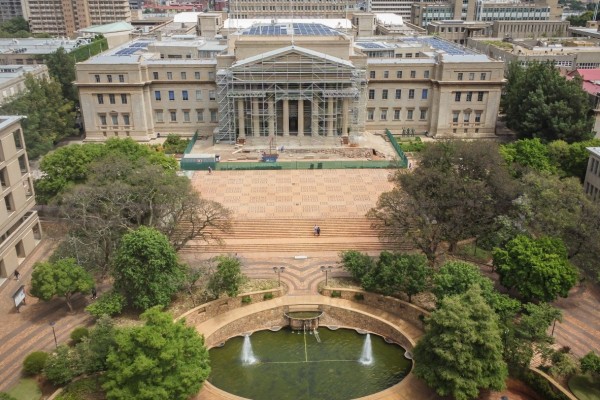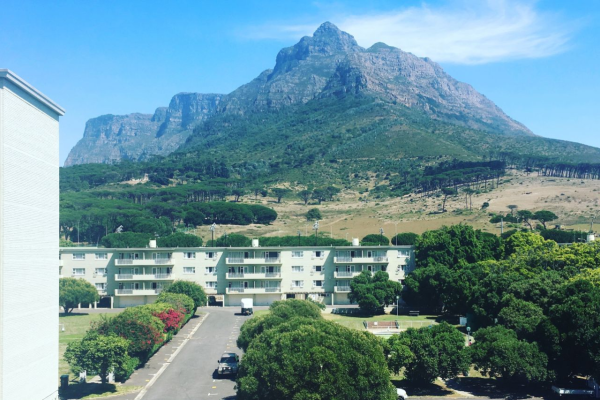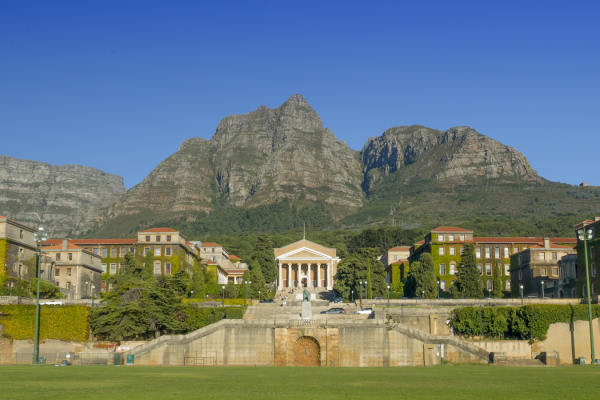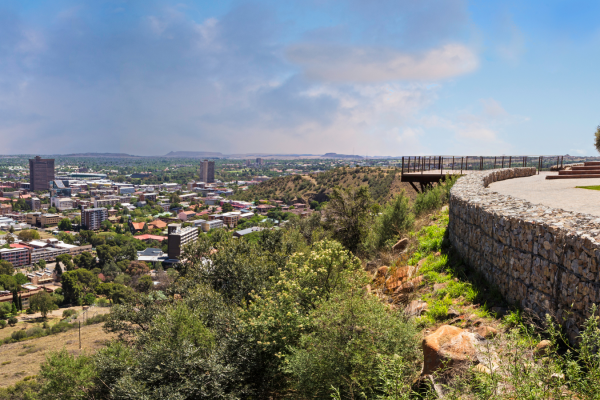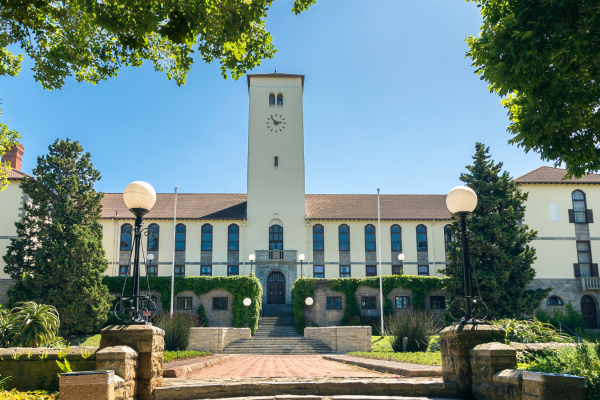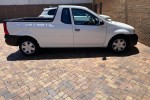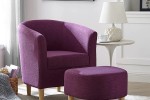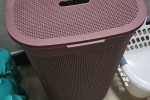Top South African Architectural Styles

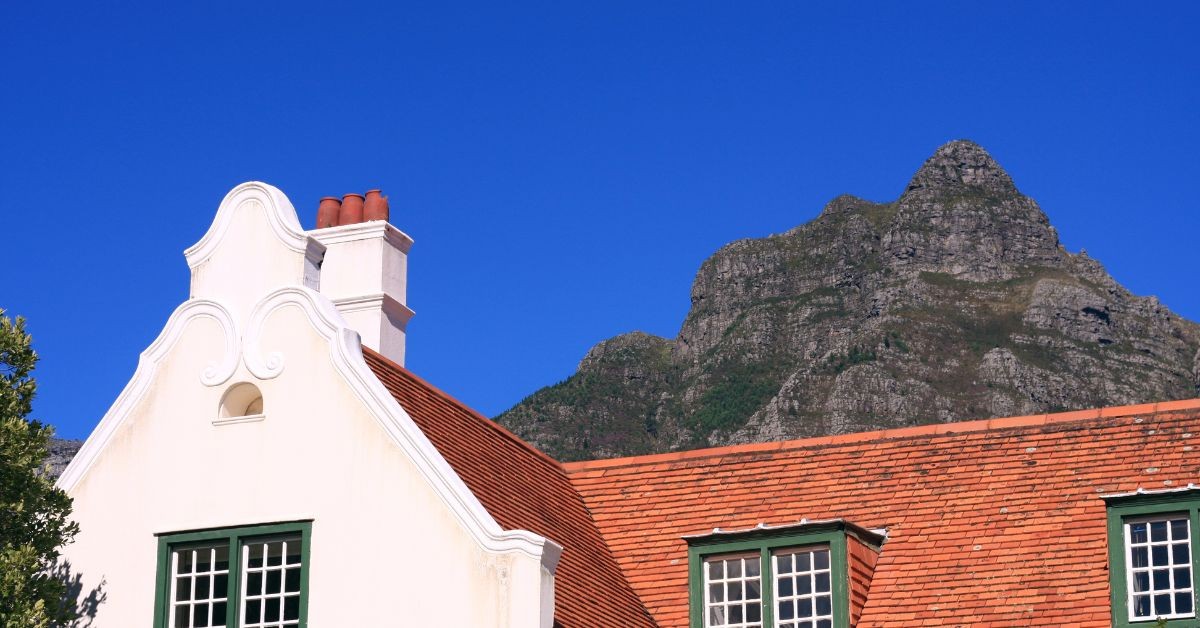
As a diverse nation, it shouldn’t be surprising that South Africa has loads of architectural styles. And many of these architectural styles are still influenced by the cultures that introduced them.
Architecture is also reflective of the climate. How much rain does the area experience? What are the high and low temperatures? What materials are (or were) on hand to build from?
So, let’s dive into it.
Cape Dutch Architecture
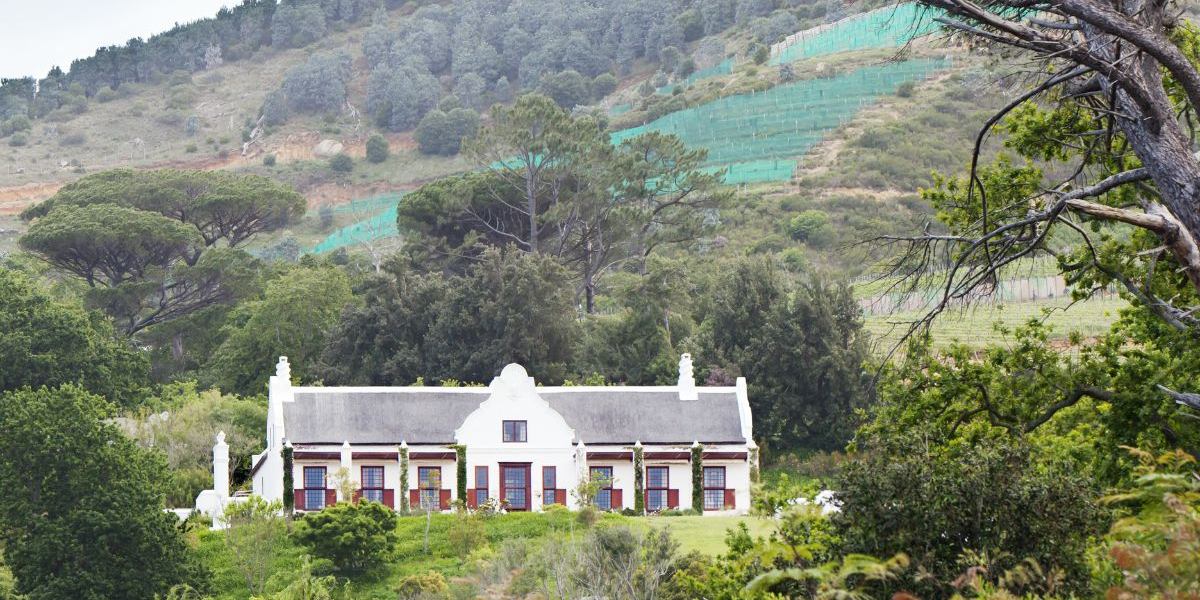
Introduced to South Africa in the 1750s with the arrival of the first white settlers, this style of architecture experienced a revival in the 1890s that carried on all the way to the 1930s.
The original buildings were a mixture of influences from all the settlers living in the Cape Colony, including the Dutch, Flemish, and Huguenots.
Large rocks on hand meant these early homes had thick walls and small doorways due to the lack of timber. After all, there weren’t a lot of forests in the area, primarily small shrubby fynbos.
The roofs of these homes were also made from thatch, sourced locally, and topped off with the iconic Dutch Gable façade inspired by the townhouses in Amsterdam, Netherlands.
Most South Africans will recognise the style easily, but they might not know that these buildings are great at retaining heat during the winter and staying cool during the summer.
Cape Dutch Building Characteristics
But to be deemed a Cape Dutch building it needs to have the following characteristics:
-
-
Whitewashed walls
-
Large wooden sash cottage panes
-
External wooden shutters
-
Green detailing
-
Central gable
-
And thatched roofing
-
Ndebele Homes
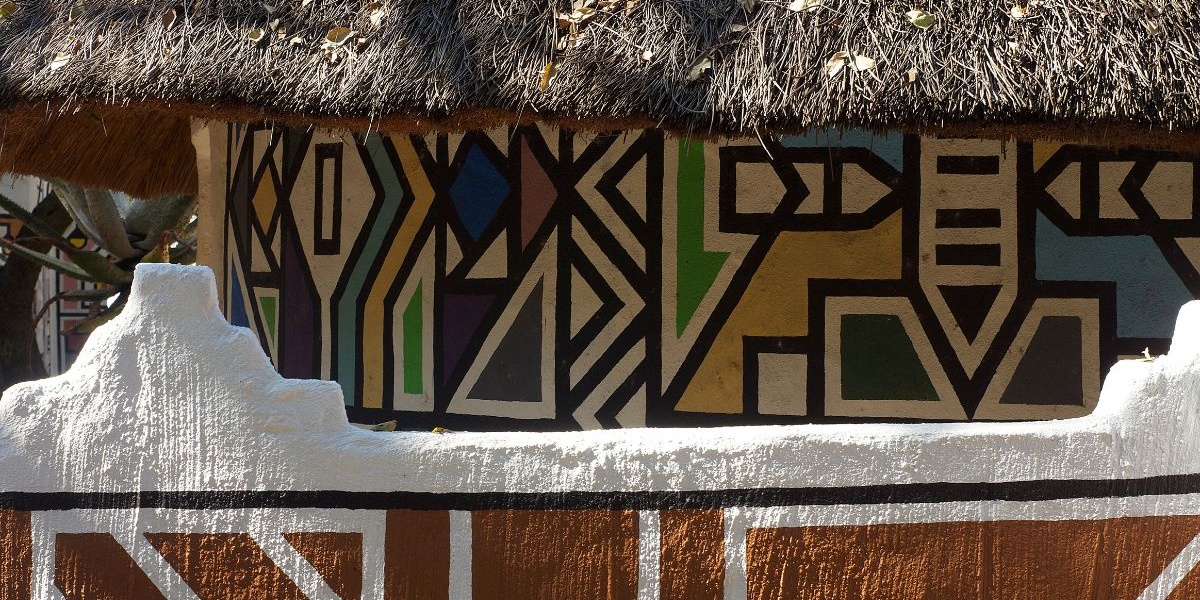
You automatically know when you spot a Ndebele house with its bright and colourful patterns. This tradition is relatively newer to South African culture and was only introduced during the 19th century.
Originally the grass mud huts were simple earth rondavels, but after losing a war to the Boers, the Ndebele populations were subjected to harsh conditions. During these hard times, the women painted their homes to express their culture.
It’s still debated whether these patterns were used as secret codes to other Ndebele people.
The patterns and symbols have transformed over the years as the tradition has been passed through many generations.
Home construction has also evolved over time, moving away from typical round structures to a more rigid square foundation.
These patterns are also often painted on the front gate of the home and have influenced burglar bars, metal decorations, and fabrics.
Ndebele Home Characteristics
While the evolution of the Ndebele home continues, generally, these are the defining features:
-
-
Thatch roof with overhanging eaves;
-
Rammed earth walls or natural materials;
-
Circular in shape;
-
And Ndebele decorative patterns.
-
Tuscan House Design
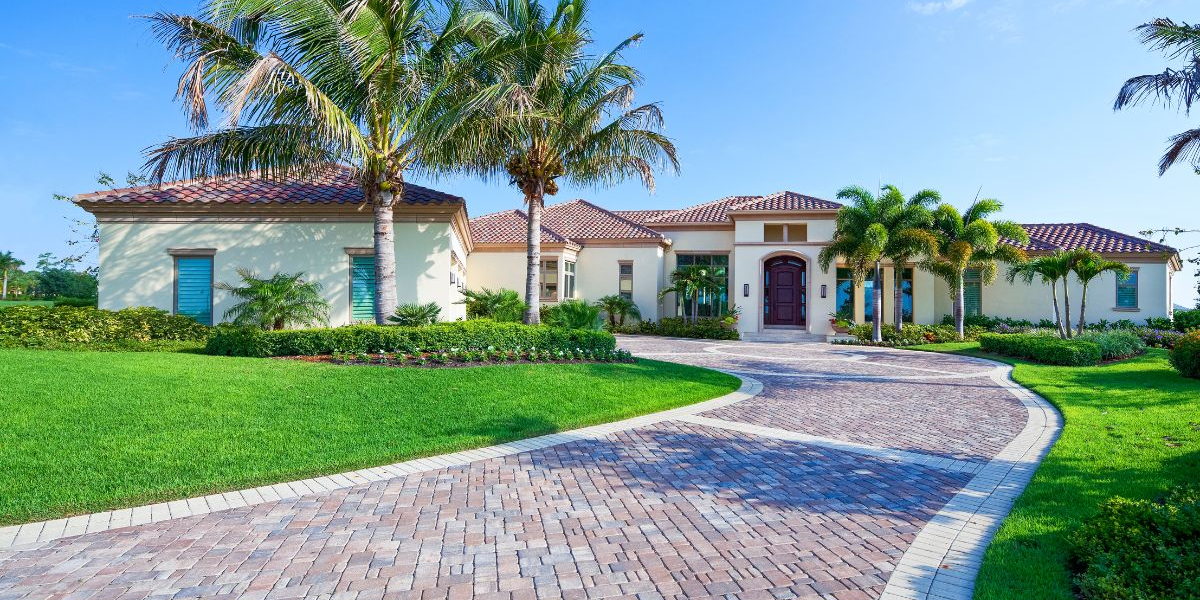
While this isn’t an architectural style unique to South Africa, many locals have wholeheartedly embraced the design.
You’re bound to see many Tuscan-style houses just by driving through a suburb made up of estates anywhere in South Africa.
The defining feature of a Tuscan home is that it is symmetrical, uses a specific colour palette, has terracotta tiles and wrought iron fixtures, and generally has marble or granite finishes.
Also, generally speaking, they are open plan, with the kitchen situated close to the home's living areas.
The style is influenced by those living in the Mediterranean region, notably Tuscany, Italy.
Another aspect that’s incorporated into a Tuscan home is the garden layout.
Gardens are easy to manage, with a swimming pool forming the centrepiece. This architectural styling has also been incorporated into restaurants, think styling cues from a Col'Cacchio.
Most Tuscan-inspired homes are built using bricks and mortar, while window fixtures are aluminium and doors are hardwood.
We’re confident this will be a popular architectural style in South Africa for decades.
South African Tuscan Home Characteristics
Currently, Tuscan homes are popular. And their characteristics are as follows:
-
-
Terracotta roof;
-
Rustic interior design;
-
Wrought iron details;
-
And natural colours.
-
Art Deco
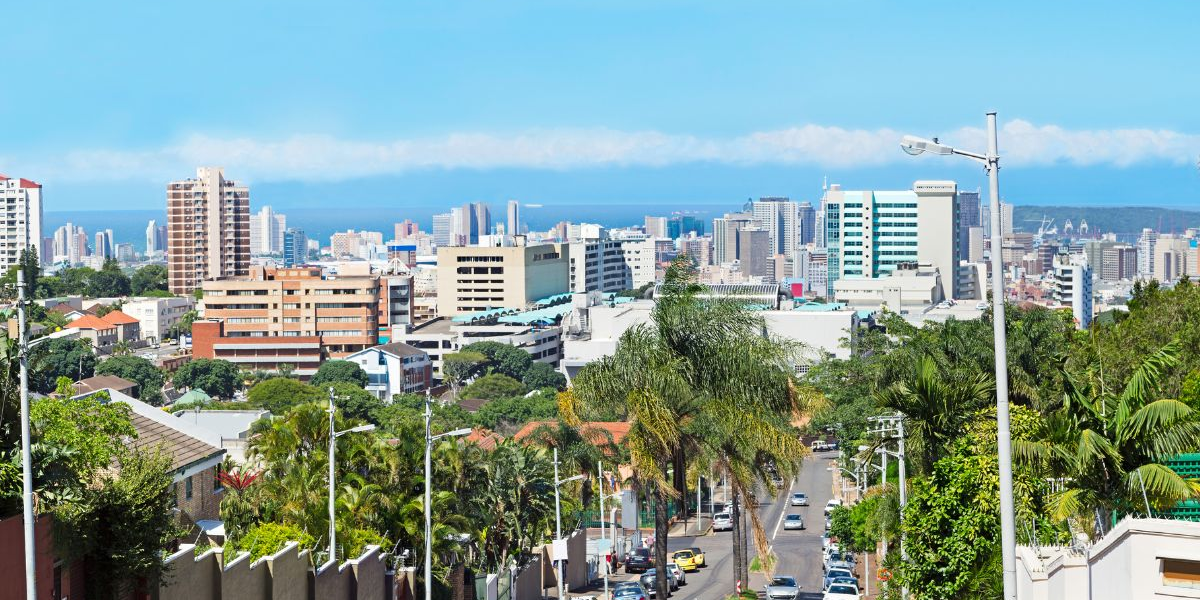
Many homes built between the 60s and 80s in South Africa took styling cues from the Art Deco movement. The dramatic exterior details, parquet flooring, and bold colour choices made Art Deco homes popular.
Colours included mint greens, candy pinks, and muted yellows, which were juxtaposed with strong browns from wood and slate. While in many other parts of the world, these homes would have a fireplace in the centre of the room, South Africans opted for braai rooms.
Some examples of art deco homes in the South African suburbs had large wooden façades resembling boats. The floor layout was also not open-plan, with all rooms being closed off from one another.
This kind of structure used bricks and mortar, and the walls were stippled with screed. Many would opt for some exposed, dark-coloured brickwork with a gloss finish.
Both the screeding and brickwork were sold as low-maintenance options for homeowners.
While the style has become popular again with younger generations, selling an unaltered Art Deco home may be difficult, although they are considered great fixer-uppers.
Sea Point in Cape Town is well-known for its Art Deco Buildings, and many have been renovated by investors and homeowners. Durban is also known as the Art Deco capital of South Africa. Perhaps there are still a few gems to be found.
South African Art Deco Home Characteristics
Art Deco homes are prone to being easy to spot, and here’s why
-
-
Square, bold shapes with rounded edges
-
A mixture of bold pastel colours juxtaposed against dark woods
-
Divided rooms
-
Extra wooden detailings
-
And use of slate for flooring and pathways
-
Contemporary Styled Homes
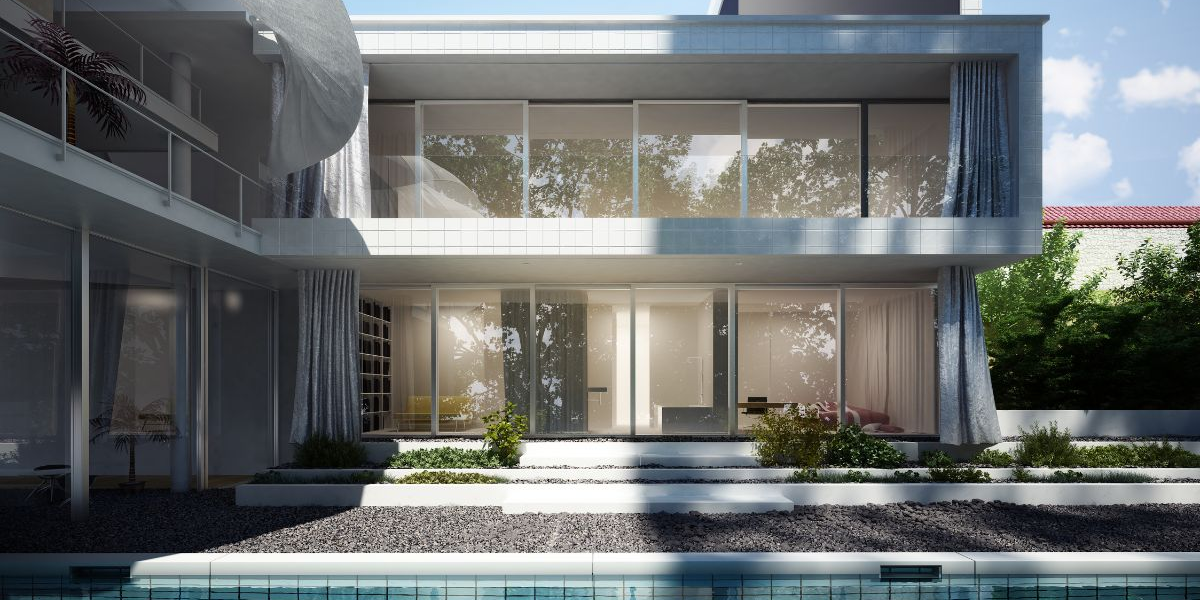
Bold, simple, with straight lines, contemporary-styled homes are usually seen hanging onto a hillside. They are also known for their extensive use of glass.
Contemporary-styled homes are open-plan with a focus on views, and their most common colour palettes are white, grey, and dark metallics.
While they are perfect for exhibiting artwork, some would call them cold. However, in many of the upper-class areas like Camps Bay and Bantry Bay, it’s become an expectation to see these types of homes dot the hills and beaches.
South African Contemporary Home Characteristics
When staring up the hill at a contemporary home, you’ll see:
-
-
Bold straight lines
-
Large panels of glass
-
Usually painted white
-
And large in size
-
Found your dream home? Move there with Wise Move
If you’re over the styling of your home and want something new, you will either have to knock down the structure or, much easier, move.
But who is the best mover in your area? Wise Move will compile a list of movers in your area with quotes. We also ensure that the companies are vetted and offer you the best service.
It’s never been easier to move.
What do our customers say?


